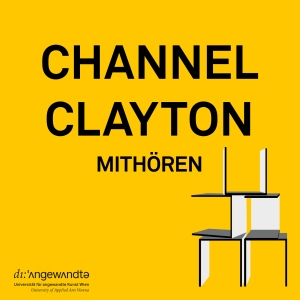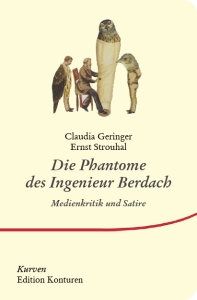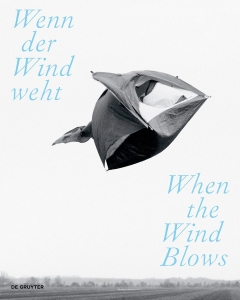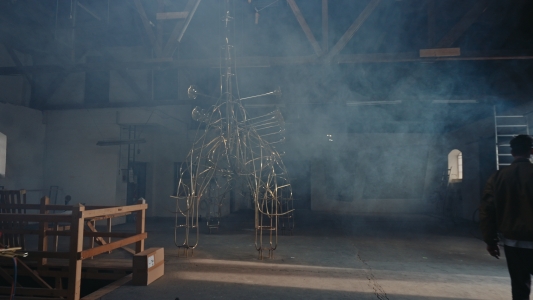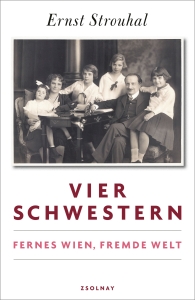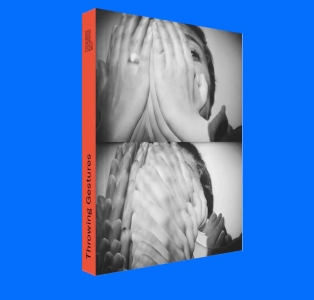At the centre of the research projects and courses of the Department of Cultural
Studies (Kulturwissenschaften) is a social definition of culture: culture is the arena of polyphonic and contradictory social
conflicts, culture is the practice of people. It is understood as an expression of certain ways of life and forms of behaviour
and is viewed in its respective social, political and historical context.
For research and teaching at the
department, this definition of the cultural means a decidedly interdisciplinary orientation, based on discourse- and ideology-critical
semiotics. We co-operate in various projects with other departments at our university. For example, we were and are able to
make a significant contribution to the conception and implementation of the new Master’s programmes “Experimental Game Cultures”
and “Kunst- und Kulturwissenschaften” (Studies in Art and Culture).
As part of the Institute of Studies in
Art and Art Education, we have also been involved in the further development of teacher training programmes for many years
(including a focus on “Digitale Grundbildung”). Through lectures and workshops, publications and exhibitions, dialogue formats
and podcasts, we respond to current cultural and socio-political issues and in this way have a critical impact on the cultural
policy debate. The department’s current research focuses, around which teaching and specific research projects are grouped,
are the interrelationships between:
- Technology and Art
- Culture and Play
- Empirical
Research and Space
The focal points are realised in concrete exhibition and publication formats, in which
students (including BA/MA/diploma theses and dissertations) can also participate and which are implemented in research projects
in close contact with other universities and institutions. The department understands the immediate proximity to practice
in the artistic classes of the Angewandte and thus the interweaving of scholarly, artistic and technical subjects as an opportunity
to conduct interdisciplinary research in areas of the digital, i.e. in critical software development. Examples of this are
the multi-year inter-university research projects “
Image+ Platform for Open Art Education”
and “
Portfolio & Showroom – Making Art Research Accessible”, which stand
both for a theoretical reflection of digital hegemonies and economies (e.g. critique of scientific metrics) and for the conception
and realisation of alternative, open-source and freely available software.
Questions of space – expression
of a specific situatedness of knowledge/cultures, whether in the digital, urban or in exhibitions as well as dynamics of the
ludic: As part of the research network “
Locus Ludi. The Cultural Fabric of Play and Games
in Classical Antiquity” (Univ. Fribourg, ERC Advanced Grant), we are currently investigating the question of exhibiting
of play and its artefacts in the digital realm. Our teaching project “
Urban
Spaces – Explorations in Viennese Squares” is dedicated to the city as an object of investigation. With the topic of exhibiting,
we also touch on questions of narration, which in recent years have been dealt with in aspects of the history and present
of letter culture (“
Vier Schwestern.
Fernes Wien, fremde Welt”), the narratives of war in social media (“
Visual
Politics and Protest”), the representability of the invisible medium of wind (“
When
the Wind Blows”) and the significance and function of self-publishing in the German-speaking world (“
New
Concepts of Authorship in a Digital Media Society”).




